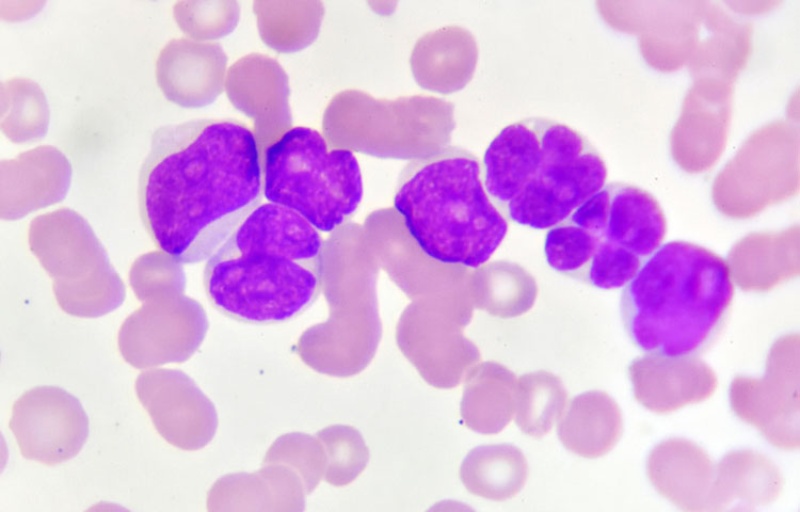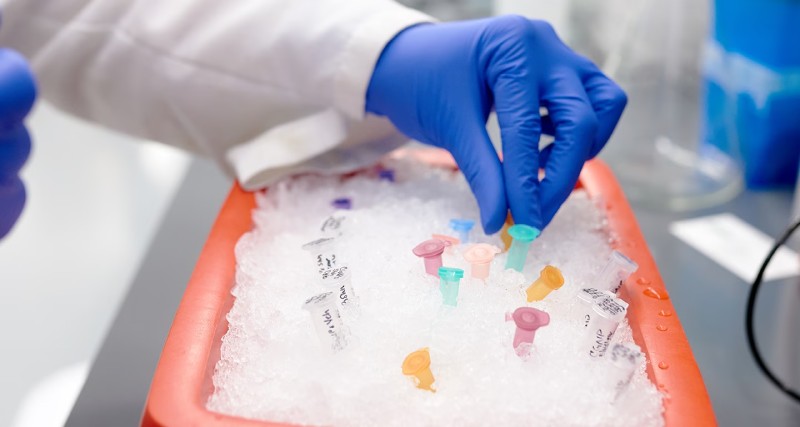Hematology
Acute Myeloid Leukemia Drug Combinations that are More Effective Could Emerge as a Result of New Research
-

 Diabetology2 weeks ago
Diabetology2 weeks agoSugar, Signals and Survival: Navigating Life with Diabetes in a Modern World
-

 Diabetology2 weeks ago
Diabetology2 weeks agoHow Exercise Impacts Blood Sugar Levels
-

 Diabetology4 days ago
Diabetology4 days agoDiabetes Screening: Why Early Detection Saves Lives
-

 Diabetology4 days ago
Diabetology4 days agoHyperglycemia: What You Need to Know to Stay Safe
-

 Diabetology4 days ago
Diabetology4 days agoCaring for Diabetes Daily: A Practical Guide to Routine Control
-

 Diabetology2 days ago
Diabetology2 days agoGlycemic Index Chart + Tips: Best & Worst Foods for Blood Sugar
-

 Diabetology11 hours ago
Diabetology11 hours agoDaily Diabetes Management Plan for Type 2 Diabetes
-

 Diabetology9 hours ago
Diabetology9 hours agoUnderstanding the Impact of High Glucose Levels





